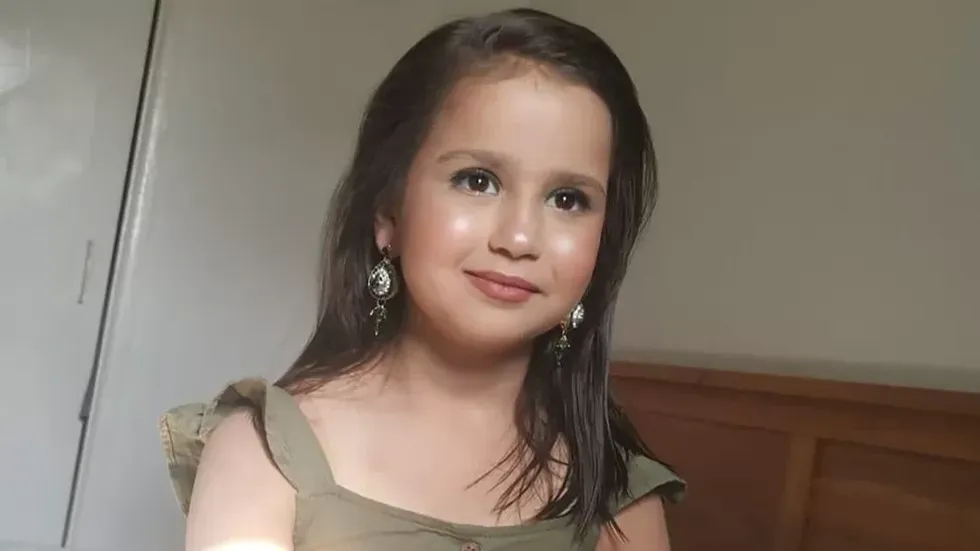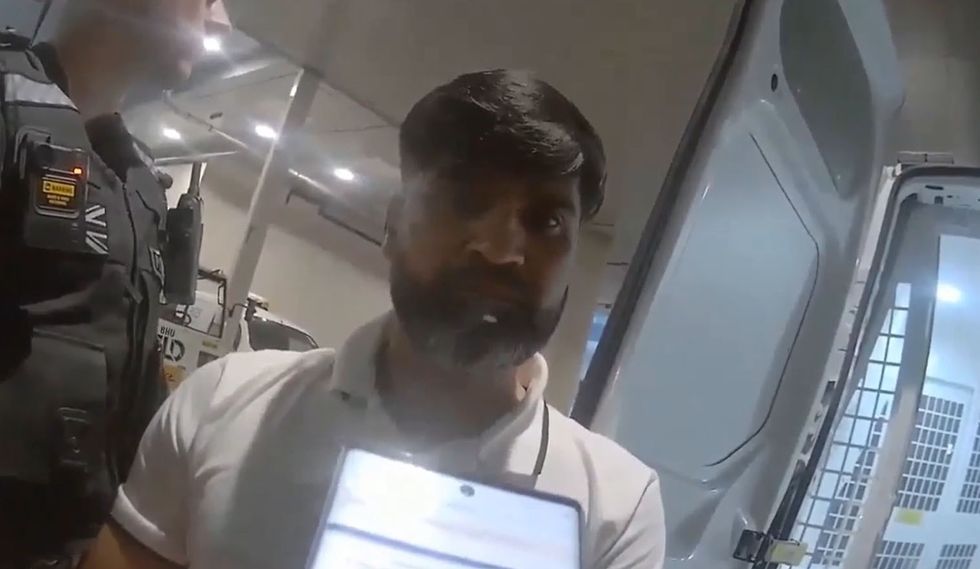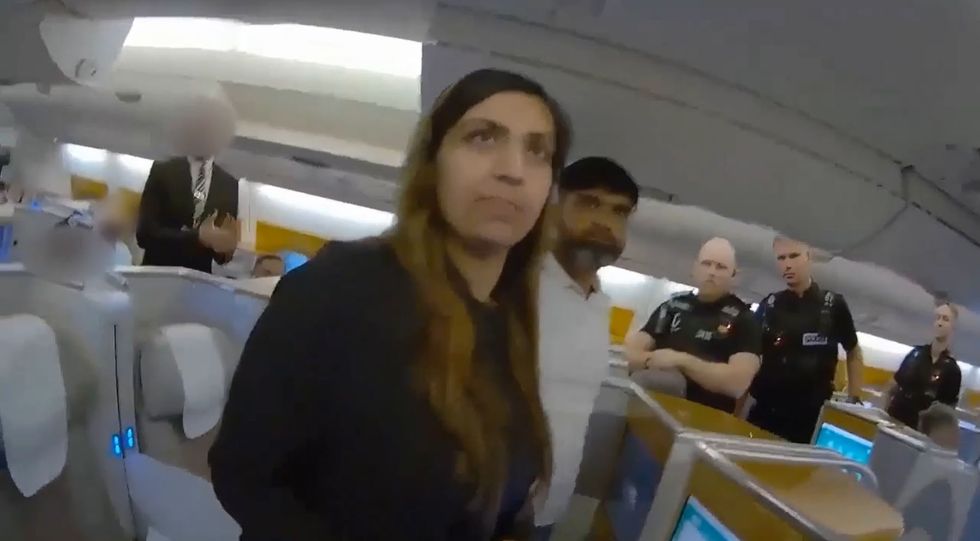George Bunn
Guest Reporter
A ban on naming judges who oversaw Sara Sharif's care proceedings before her murder would have a "corrosive impact" on public confidence in the justice system, the Court of Appeal has been told.
Several media organisations, including the BBC, Guardian and PA news agency, are challenging an "unprecedented" ruling that prevents the identification of three family court judges.
The appeal hearing, which began on Tuesday, centres on a December decision by Justice Williams that blocked the media from naming the judges due to concerns about their safety.
"The order is unsound and it is also one likely to raise public suspicion and prove counterproductive," Chris Barnes, who was representing two journalists, told the court.

Justice Williams ruled in December that he did not believe the media could be trusted to report matters fairly and accurately. He said naming those involved in Sara's case was the "equivalent to holding the lookout on the Titanic responsible for its sinking".
The judge warned that identifying the three family court judges could result in a "social media firestorm or virtual lynch mob".
While allowing details of earlier family court proceedings to be published, he also banned the naming of other professionals including social workers, guardians and experts involved in the case.
Chris Barnes, representing journalists Louise Tickle and Hannah Summers, argued that judges frequently handle controversial cases without anonymity protection.
LATEST DEVELOPMENTS

"Judges sit in cases concerning terrorism, national security and organised crime without being granted anonymity," Barnes said in written submissions.
Adam Wolanski KC, representing several news organisations, called the Titanic comparison "bizarre and wrong".
He argued that "judges are the face of justice itself" and cannot be equated with other court professionals. Wolanski also warned that the requirement for media to seek permission before naming judges amounted to "censorship".
In written submissions made available on Wednesday, the three anonymous judges expressed their "profound shock, horror and sadness" about Sara's death. Through their representative Mathew Purchase KC, they voiced "serious concerns" about the risks of being identified.

These concerns extend beyond their personal wellbeing to "their family members and others close to them," Purchase told the court. The judges requested "a proper and thorough assessment of the risks" before any decision on naming them is made.
They felt unable to make arguments on the appeal due to constitutional and ethical concerns about judges being involved in debates about their roles.
Sara was murdered by her father, Urfan Sharif, 43, and stepmother, Beinash Batool, 30, in August 2023, less than four years after being placed in their care. Surrey County Council had concerns about Sharif as early as 2010, with "referrals indicative of neglect" regarding Sara's older siblings.
Urfan and Batool were jailed for life in December 2024, receiving minimum terms of 40 and 33 years respectively. The Court of Appeal's decision will be given in writing at a later date.
Find Out More...
Several media organisations, including the BBC, Guardian and PA news agency, are challenging an "unprecedented" ruling that prevents the identification of three family court judges.
The appeal hearing, which began on Tuesday, centres on a December decision by Justice Williams that blocked the media from naming the judges due to concerns about their safety.
"The order is unsound and it is also one likely to raise public suspicion and prove counterproductive," Chris Barnes, who was representing two journalists, told the court.

Justice Williams ruled in December that he did not believe the media could be trusted to report matters fairly and accurately. He said naming those involved in Sara's case was the "equivalent to holding the lookout on the Titanic responsible for its sinking".
The judge warned that identifying the three family court judges could result in a "social media firestorm or virtual lynch mob".
While allowing details of earlier family court proceedings to be published, he also banned the naming of other professionals including social workers, guardians and experts involved in the case.
Chris Barnes, representing journalists Louise Tickle and Hannah Summers, argued that judges frequently handle controversial cases without anonymity protection.
LATEST DEVELOPMENTS
- London council posts woke DEI job ad which discriminates against white applicants
- Reform UK councillor unveils plan to end migrant crisis
- Donald Trump to be allowed ‘veto’ on Chagos Islands deal

"Judges sit in cases concerning terrorism, national security and organised crime without being granted anonymity," Barnes said in written submissions.
Adam Wolanski KC, representing several news organisations, called the Titanic comparison "bizarre and wrong".
He argued that "judges are the face of justice itself" and cannot be equated with other court professionals. Wolanski also warned that the requirement for media to seek permission before naming judges amounted to "censorship".
In written submissions made available on Wednesday, the three anonymous judges expressed their "profound shock, horror and sadness" about Sara's death. Through their representative Mathew Purchase KC, they voiced "serious concerns" about the risks of being identified.

These concerns extend beyond their personal wellbeing to "their family members and others close to them," Purchase told the court. The judges requested "a proper and thorough assessment of the risks" before any decision on naming them is made.
They felt unable to make arguments on the appeal due to constitutional and ethical concerns about judges being involved in debates about their roles.
Sara was murdered by her father, Urfan Sharif, 43, and stepmother, Beinash Batool, 30, in August 2023, less than four years after being placed in their care. Surrey County Council had concerns about Sharif as early as 2010, with "referrals indicative of neglect" regarding Sara's older siblings.
Urfan and Batool were jailed for life in December 2024, receiving minimum terms of 40 and 33 years respectively. The Court of Appeal's decision will be given in writing at a later date.
Find Out More...
